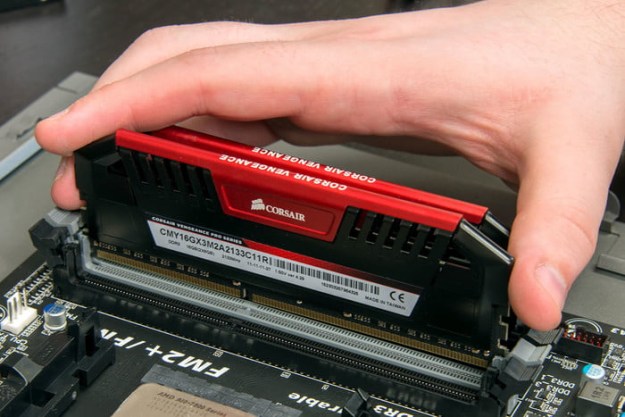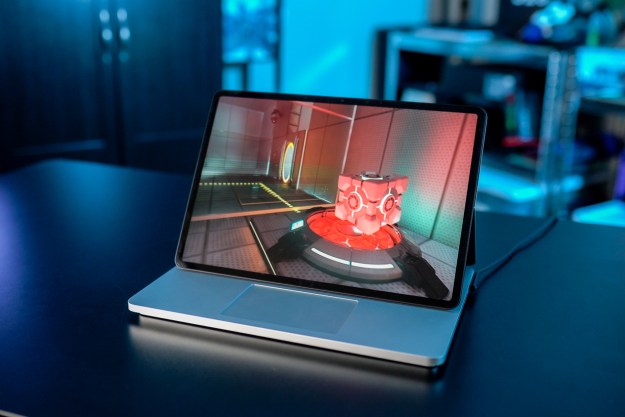
You’ll have been hearing a lot about the Heartbleed bug this week, and it’s now been confirmed that the vulnerability can be used to nab private security keys from a server. That means a rogue site could pose as a genuine one, and neither you nor your browser would be any the wiser.
A quick recap: Heartbleed allows hackers to ping vulnerable servers for all kinds of sensitive information, including email addresses, passwords and credit card numbers. At first, there was some debate about whether this information could include private SSL keys, in many ways the most valuable data for a hacker; now we have confirmation that it can.
White-hat hackers Fedor Indutny and Ilkka Mattila successfully took on the Heartbleed hacking challenge laid down by Web performance and security company CloudFlare. “We confirmed that both of these individuals have the private key and that it was obtained through Heartbleed exploits,” said CloudFlare.
Having access to these private keys means hackers can return even after the Heartbleed exploit has been closed to steal more information — it’s akin to having the keys to a car rather than having to smash through the window. Only when server security certificates are updated (i.e. the locks are changed) will the bad guys be foiled, and that’s going to take some time.
Big-name companies including Google, Yahoo and Dropbox are scrambling to update their systems to close the Heartbleed loophole, but the danger is far from over. Stay tuned to our lists of apps and websites that are affected for details of how to protect yourself, and follow any prompts you receive to reset your passwords from the online services you use.
[Image courtesy of Heartbleed.com / Karen Blaha]
Editors' Recommendations
- New Nvidia update suggests DLSS 4.0 is closer than we thought
- New AMD Zen 3 CPUs may challenge Intel while we await Zen 4
- Update your Google Chrome browser now: New exploit could leave you open to hacks
- Why recent hacks show Apple’s security strength, not its weakness


